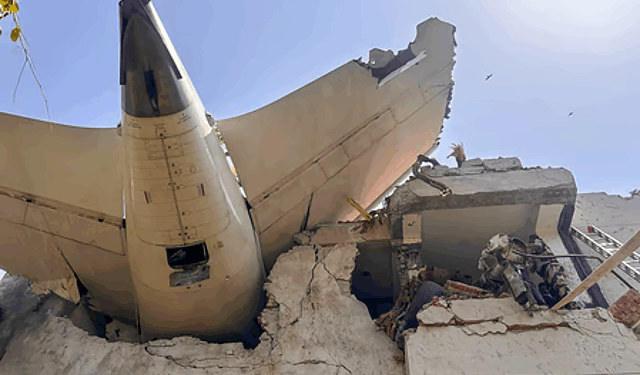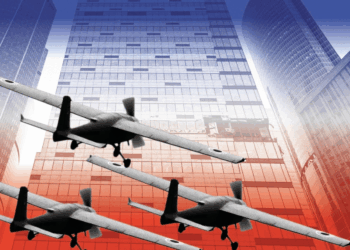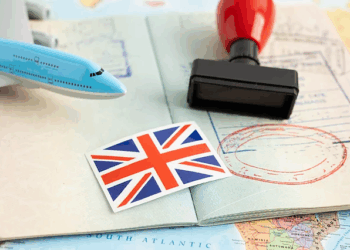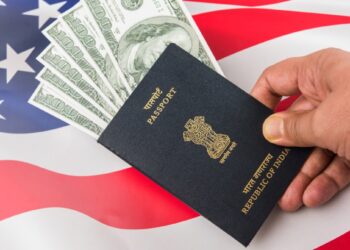The heartbreaking aftermath of the devastating Air India crash on June 12, 2025, has taken an even darker turn. As grieving families struggle to cope with their loss, shocking revelations have emerged: some British families have received the wrong bodies of their loved ones. In one horrifying case, two bodies were found in a single coffin, while another family was forced to abandon a planned funeral after discovering the remains weren’t who they were meant for.
This alarming error has intensified public grief and triggered a high-level investigation, raising serious questions about the handling of victim identification and international repatriation.
How Did This Happen?
The tragedy began when Air India flight AI 171 crashed shortly after takeoff from Ahmedabad’s Sardar Vallabhbhai Patel International Airport, on its way to London. The plane, loaded with fuel for the long-haul journey, plummeted into a hostel on the BJ Medical College campus, erupting in a massive fireball.
The inferno, which reached temperatures of 1,500°C, left most bodies severely burnt and unidentifiable. The crash claimed over 275 lives, including 52 British nationals. Only one person survived the disaster: Vishwash Kumar Ramesh, a British citizen of Indian origin.
The Identification Process: Fast but Flawed?
Indian authorities acted swiftly to begin identifying the deceased. Teams from the State Disaster Response Force, forensic experts, and sniffer dogs were deployed at the crash site. DNA samples, advanced detection equipment, and dental records were used in the effort to piece together identities.
By June 28, Indian officials confidently claimed that all victims had been positively identified. However, what was meant to bring closure has now led to fresh anguish for some British families.
The Repatriation Blunder: Pain Upon Pain
According to The Daily Mail, the process of returning bodies to the UK has been marred by disturbing errors. At least 12 victims’ bodies have been flown to the UK via Air India flights — but some families say they received remains of strangers instead of their loved ones.
Aviation lawyer James Healy-Pratt, representing several of the affected families, confirmed the reports. “These families have already endured unbearable pain. Now, they’re dealing with the horror of receiving the wrong bodies,” he told The Daily Mail. “Some have had to cancel funerals. Others are simply in shock. They want answers, and they deserve dignity.”
In one horrifying instance, two different victims were found placed in a single coffin. In another, a family had to walk away from a funeral ceremony when they realized the body wasn’t their relative.
UK Coroner Demands DNA Proof
The situation came to light when Inner West London coroner Dr. Fiona Wilcox raised concerns and reportedly requested DNA verification to match the repatriated bodies with samples from British families.
Her proactive approach has now prompted the UK government to step in. A high-level inquiry has been launched, with Prime Minister Keir Starmer expected to raise the matter directly with Indian Prime Minister Narendra Modi during their upcoming meeting on Thursday.
Cultural Sensitivities and Global Accountability
Healy-Pratt also revealed that some victims were cremated or buried in India, either due to identity confirmation on Indian soil or logistical limitations. While many Indian families preferred local cremations in line with cultural practices, British families expected proper repatriation — a promise that seems to have been broken.
The current situation has sparked a debate on international standards in managing mass casualties and handling remains with respect and accuracy. “These are deeply personal matters,” Healy-Pratt emphasized. “A mistake in identifying a body is not just procedural — it’s emotional, spiritual, and devastating.”
Public Outcry and Global Response
As the investigation unfolds, there is a growing call for transparency, cross-border coordination, and better post-crisis management protocols. Families and human rights advocates are urging both governments to revise identification and repatriation processes, especially for international aviation disasters.
On social media, the incident has ignited widespread sympathy and anger, with many users questioning how such critical errors were allowed to occur — especially when the grieving families rely on governments for dignity and truth during their darkest hours.
What Comes Next?
As British and Indian authorities coordinate on the issue, both nations face pressure to deliver answers quickly. With Prime Minister Starmer directly involved, diplomatic and legal resolutions are expected to follow — but for many families, no apology or correction can undo the trauma already inflicted.
This tragedy has not just exposed flaws in the aviation and forensic systems, but also highlighted the importance of accountability and compassion when dealing with disaster aftermaths.
Final Thoughts
The Air India crash was a national and international catastrophe. But the botched repatriation of victims has opened a new chapter of pain for those already grieving. As investigations continue, the world watches — hoping that justice, respect, and dignity will finally be restored to the victims and their families.






